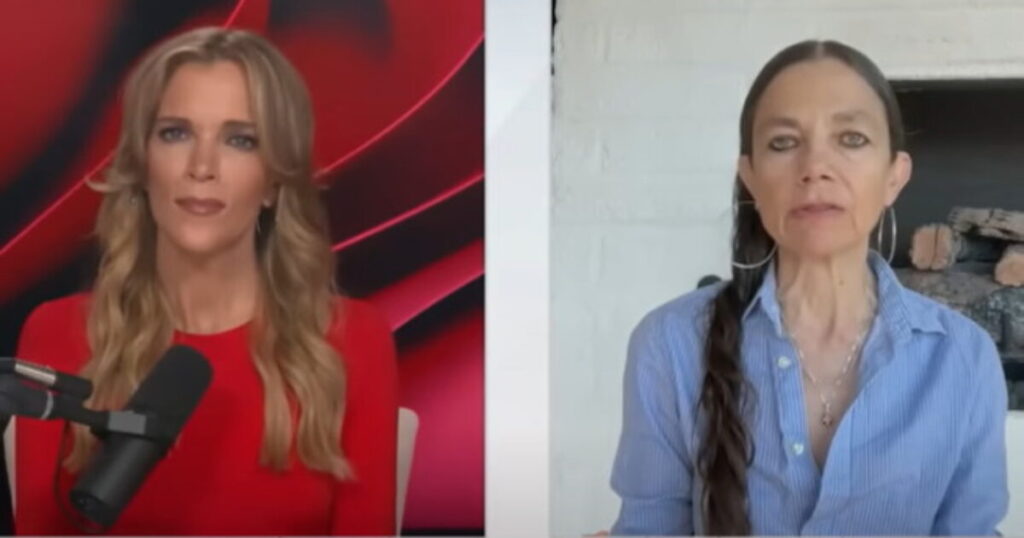Justine Bateman, the renowned actress from the 1980s sitcom “Family Ties,” has become increasingly vocal about her thoughts on contemporary cultural issues, particularly the phenomena of cancel culture and mob mentality. Her recent appearance on the Megyn Kelly podcast provided a platform for her to expound upon her views, articulating her relief at what she perceives as the conclusion of a tumultuous era marked by intolerance for divergent opinions and fear of expressing oneself. Bateman characterized this period as emblematic of a cultural shift towards a punitive atmosphere where questioning and open discourse were heavily discouraged, likening it to the “revenge of the hall monitors.”
In her discussions, Bateman reflects on her own experiences within the industry, noting that criticism has always been a consistent part of her career landscape. However, she highlighted that the past eight years, and particularly the last four, have brought about an unbearable shift in how discourse is managed. This environment, she argues, is fundamentally un-American, stifling the ability of individuals to inquire, voice opinions, or even seek clarity on important issues. For Bateman, this trend has not just been a personal concern but a significant cultural transformation that she believes has had a detrimental effect on society as a whole.
A critical aspect of Bateman’s commentary revolves around her belief in the essential role of satire and comedy in sustaining societal balance. She posits that these forms of expression serve as checks against extremism and should be nurtured to maintain a harmonious societal dialogue. When such avenues for humor and critique are stifled, as she suggests has happened in recent years, it allows for a puritanical approach to culture that eliminates diverse perspectives. Bateman likens the suppression of comedy and satire to the eradication of a vital insect species that controls overgrowth in nature, warning that a lack of these forms of expression can lead to societal imbalance and the proliferation of oppressive ideologies.
Further building on her assertions, Bateman’s criticism extends to the behavior of social media users who have engaged in vitriolic criticism of those who have expressed dissenting views. She identifies a “Debbie Downer” mentality that she believes has pervaded leftist circles—a tendency to silence or ridicule those who dare to step outside the accepted narrative. According to Bateman, this cultural dynamic not only harms individuals seeking to express diverse opinions but also contributes to a broader climate of fear that inhibits open discussion and critical thinking.
Her observations resonate particularly with members of Generation X, the cohort that she belongs to and one that has demonstrated a significant inclination toward supporting Donald Trump in recent elections. This demographic’s response appears to be informed by the same frustrations that Bateman articulates regarding the current state of discourse. Many feel disenfranchised by what they perceive as a dominant leftist ideology that seeks to stifle alternative viewpoints and enforce conformity.
As Bateman continues to engage in public discourse about these issues, she remains cautious yet hopeful about the potential for change. Her advocacy reflects a desire for a return to an environment where open dialogue and humor are embraced rather than shunned. By amplifying her voice in opposition to cancel culture and the phenomena she describes as mob mentality, Justine Bateman contributes to a growing conversation about the necessity of preserving the foundations of free speech and the importance of maintaining diverse perspectives in cultural dialogues. Ultimately, her reflections serve as a call to reclaim the essential freedoms that allow for robust debate and the flourishing of individuality within society.

